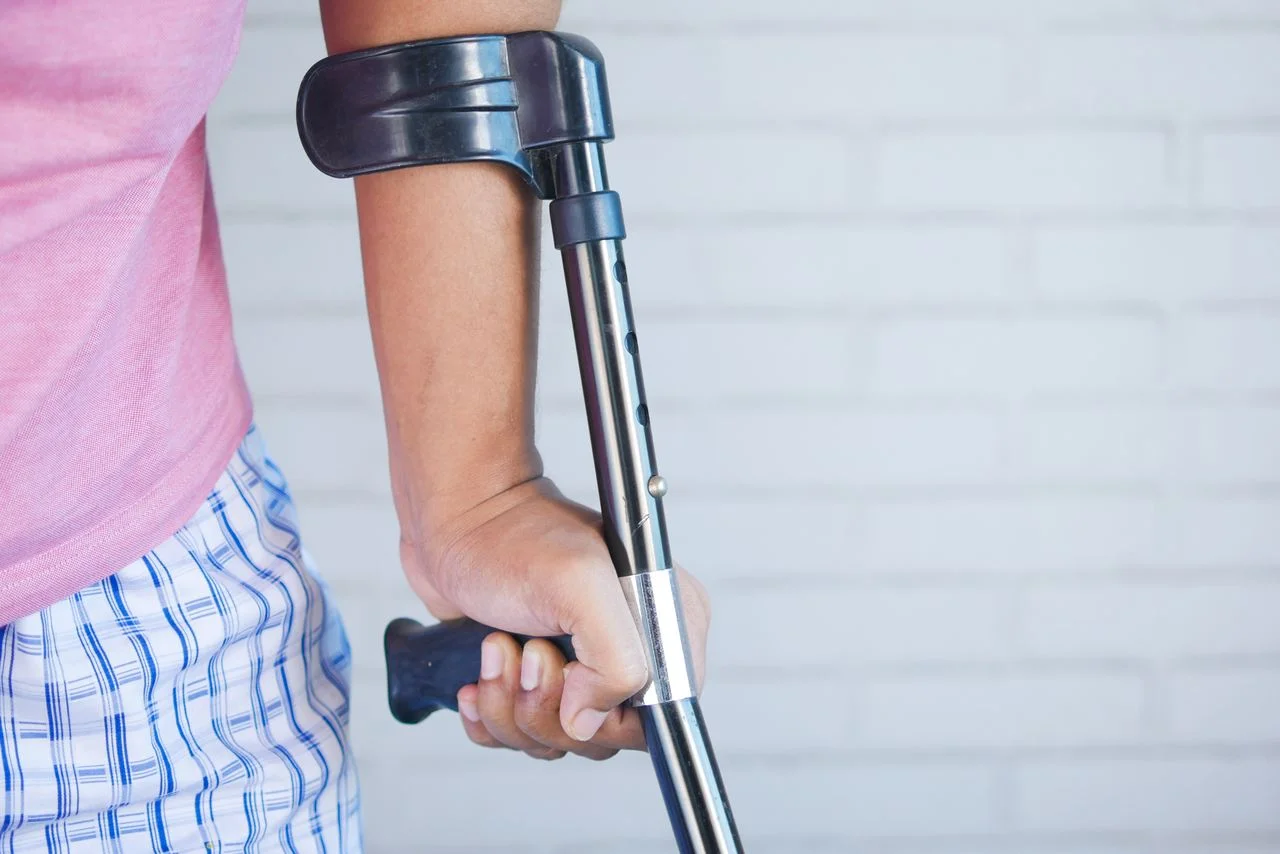How Florida Law Addresses Injuries from Recreational Activities

Participating in recreational activities can be enjoyable, but it also carries potential risks of injury. In Florida, understanding how the law addresses injuries stemming from recreational pursuits is essential for both participants and those responsible for managing these activities. Here’s a detailed exploration of how Florida law handles such incidents to ensure safety and pursue accountability.
Types of Recreational Activities Covered
Florida’s legal framework encompasses a wide range of recreational activities, including:
- Water Sports: Such as boating, jet skiing, and swimming.
- Outdoor Adventures: Like hiking, camping, and off-road vehicle riding.
- Amusement Parks: Including rides and attractions.
- Sports and Fitness Activities: Such as gym workouts, team sports, and fitness classes.
Legal Principles and Responsibilities
- Duty of Care: Those organizing or managing recreational activities have a duty to provide a reasonably safe environment for participants. This duty includes maintaining equipment, providing adequate supervision, and warning of any known hazards.
- Assumption of Risk: Participants in recreational activities are often considered to have assumed a certain level of risk inherent in the activity. However, this does not absolve organizers from their duty to mitigate foreseeable risks and provide adequate safety measures.
Liability in Recreational Injury Cases
Determining liability in recreational injury cases typically revolves around the following factors:
- Negligence: If an injury occurs due to the negligence of a party responsible for the activity (e.g., inadequate supervision, faulty equipment maintenance), they may be held liable.
- Waivers and Releases: Participants often sign waivers or releases of liability before engaging in certain activities. While these documents can limit legal recourse, they are not always absolute and may be challenged in court if they are found to be unconscionable or against public policy.
Steps to Take After a Recreational Injury
If you sustain an injury during a recreational activity in Florida, consider these steps:
- Seek Medical Attention: Prioritize your health and well-being by obtaining medical treatment promptly.
- Document the Incident: Collect evidence such as photographs of the scene, witness statements, and any written communication (e.g., waivers, incident reports).
- Report the Incident: Inform the organizer or manager of the activity about the incident and request that an official report be filed.
- Consult with an Attorney: A personal injury attorney experienced in recreational injury cases can evaluate your situation, advise you on your legal options, and help you pursue compensation if negligence is established.
Special Considerations for Minors
When minors are involved in recreational activities, additional considerations apply:
- Parental Consent: Parents or legal guardians often sign waivers on behalf of minors. However, minors may still have rights depending on the circumstances of the injury and the enforceability of the waiver.
- Child Injury Laws: Florida has specific laws protecting the rights of children injured in various settings, including recreational activities. Legal guidance is crucial to navigate these complexities.
Conclusion
Participating in recreational activities enriches our lives but carries inherent risks. Understanding how Florida law addresses injuries resulting from these activities is essential for ensuring safety, accountability, and the protection of legal rights. Whether you are a participant or an organizer, being informed about your responsibilities and rights can help mitigate risks and respond effectively in the event of an injury. If you or a loved one has been injured during a recreational activity, seek legal advice to understand your options for seeking compensation and holding responsible parties accountable.